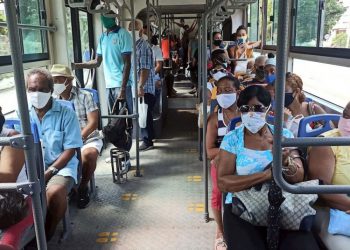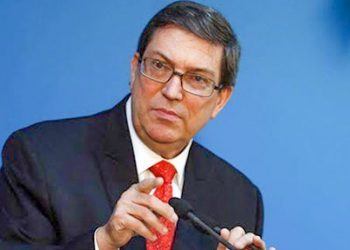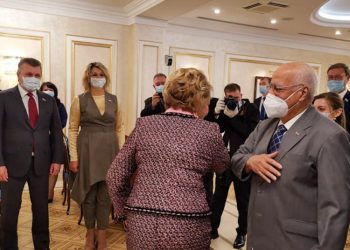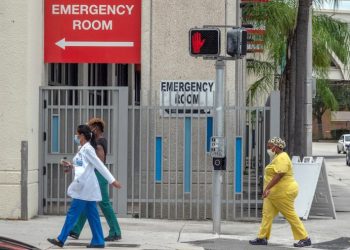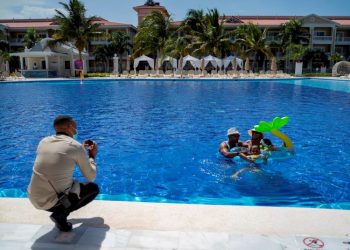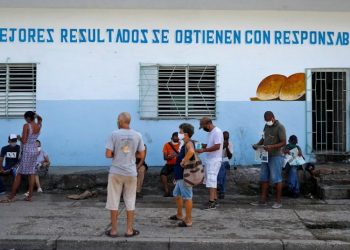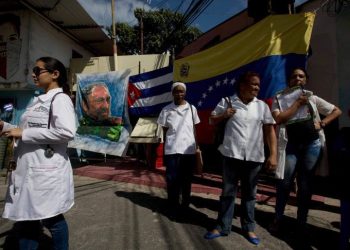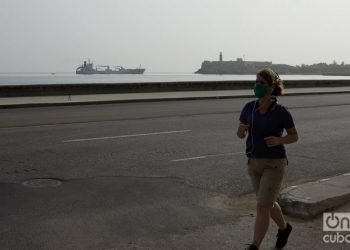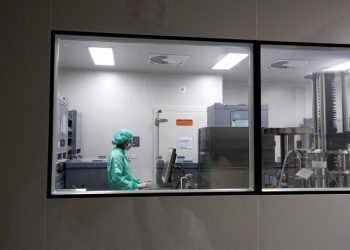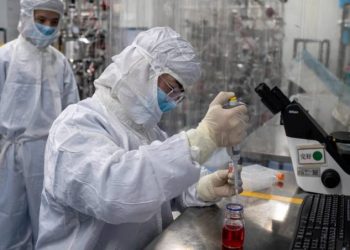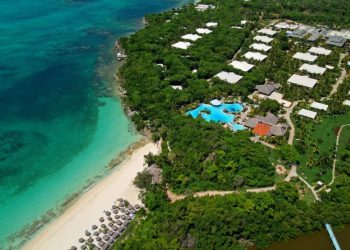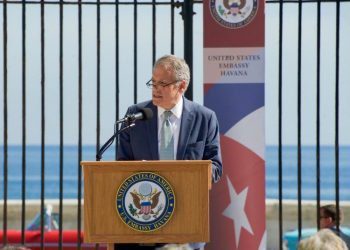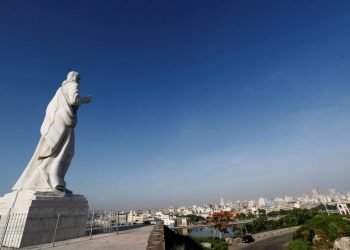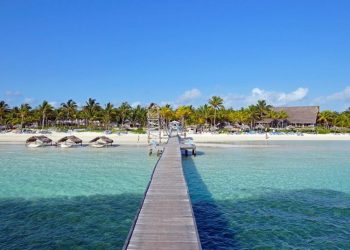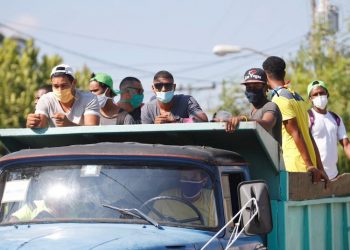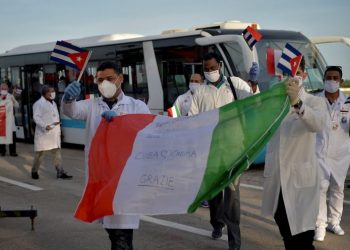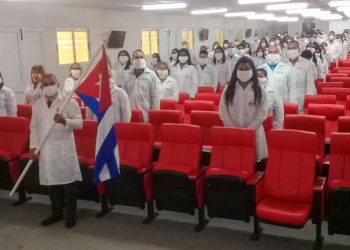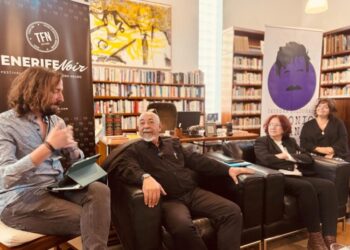Cuba enters “new normal,” except for Havana, Sancti Spíritus and Ciego de Ávila
Cuba will enter the post-COVID-19 “new normal” next Monday, except for Havana and the two central provinces of Ciego de Ávila and Sancti Spíritus, the government announced this Thursday, without yet giving a specific date for the reopening of borders, closed since April. The capital, the main gateway to the country and the only destination where U.S. airlines are allowed to fly, will go to phase 3 of recovery which includes almost total opening of services and productive activities, but at the moment it does not foresee the restart of international flights. https://twitter.com/DiazCanelB/status/1314528813943066629?ref_src=twsrc%5Etfw%7Ctwcamp%5Etweetembed%7Ctwterm%5E1314528813943066629%7Ctwgr%5Eshare_2&ref_url=https%3A%2F%2Foncubanews.com%2Fcuba%2Fcuba-entra-en-la-nueva-normalidad-menos-en-la-habana-sancti-spiritus-y-ciego-de-avila%2F In a two-hour television appearance, Cuban Prime Minister Manuel Marrero explained that under the “new normal” PCR tests will be carried out on all travelers arriving on the island, who will wait for the result in hotels or in their homes under health surveillance rather than in state isolation centers as before. The prime minister, however, did not specify whether as of Monday the airports in the rest of the country will come into operation, most of them certified under the new health protocols to reduce the risks of spreading the virus. Cuba’s airspace and ports have been closed since last April, with the exception of tourism...


